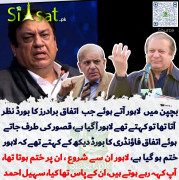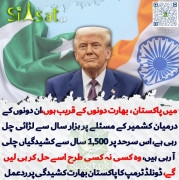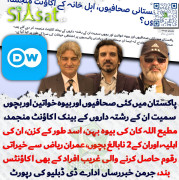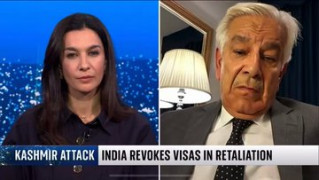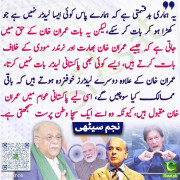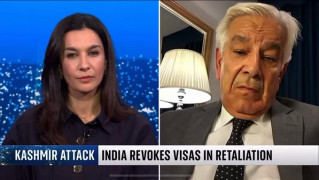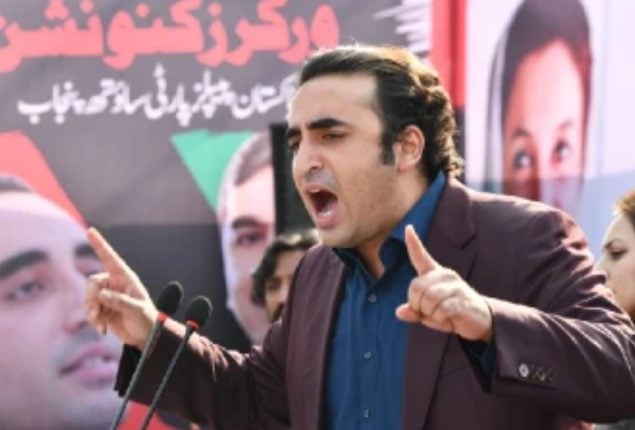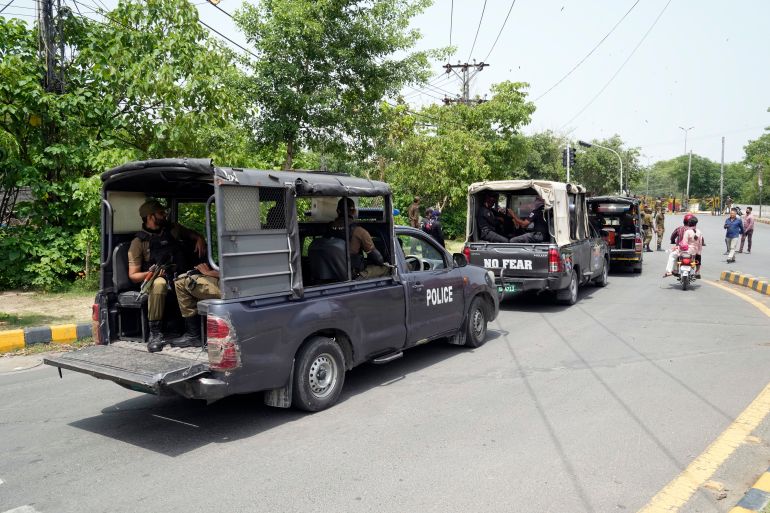Why was he not allowed to live in Pakistan?
A very sad story indeed-
HEROES: RAHMAT FOR THE PEOPLE
Professor K.K. Aziz, author of Rahmat Ali: A Biography, began by chronologically going through the life of Rahmat Ali "because the dates given by most people are wrong", discussed his contribution to the Pakistan movement, remarked on his individuality, and concluded by making some suggestions.
Rahmat Ali was born on 16 November 1897 in Hoshiarpur, now Eastern Punjab to an ordinary village family. He went to a college in Jullunder and was at Islamia College, Lahore between 1915 and 1918 where he got his BA. He was Tutor at Aitchison College, Lahore from 1918 to 1923. Between 1923 and 1930 he was Legal Advisor to the Nawab of Mazari. He won a case for the Nawab and was rewarded handsomely. He used that money to fulfil his dream of education at Cambridge University, which only the well off and well connected 'Indians' could aspire to in those days. He arrived in England in November 1930 and joined Emmanuel College, Cambridge in January 1931, completing his BA degree in April 1933 (MA Oct 1940). On 28 January 1933 he issued his pamphlet Now or Never demanding Pakistan. From henceforth he dedicated his life to Pakistan.
In 1940 he returned to the Sub-continent, landing in Karachi and aiming to go to Lahore, but the British did not allow him to travel to Punjab Province (this is when the Lahore Session of the All-India Muslim League was about to take place and Rahmat Ali wanted to influence the Lahore Resolution). He was 'deported' and he returned to England. In January 1943 he was called to the Bar (Middle Temple, London). After the creation of Pakistan he returned back to his homeland in April 1948, planning to stay for good, but he was ordered out of his country, with his belongings confiscated, and he left empty-handed for England in October 1948. He died on 3 February 1951 in Cambridge -- a lonely man in a state of poverty, and with no one to take responsibility for his burial, Emmanuel College's Master, who had been Rahmat Ali's Tutor, himself arranged the burial in Cambridge on 20 February 1951. (Being in Cambridge, I'm fortunate that I've had many a occasion to visit the grave for fatiha prayer, and I can tell you that it is a sight which brings tears to the eyes.)
Rahmat Ali was a prophetic and a tragic figure in the history of the Sub-continent. His worth was not recognised in his life, he was not recognised when he died, and he has not been recognised after all these years. It may be noted that from 1933, when he first proposed Pakistan, right up to his death in 1951, he consistently and continuously did nothing but campaign for his Pakistan demand against all odds, for example initial opposition from the All-India Muslim League and later their enmity. Still, he succeeded in creating a large public opinion in favour of Pakistan and the proof is that between 1935 and early 1939 about 300 articles appeared in the Punjab/Urdu press supporting Pakistan. Professor Aziz asserted that Rahmat Ali moulded the opinion of the Muslims and forced the Muslim League to follow suit when it hadn't even begun to consider the idea of Pakistan.
Although the idea of the Two Nation Theory (TNT) was not new as such, nobody had put it forward so precisely as Rahmat Ali had. His is the earliest and finest elaboration of the case that Muslims are a distinct and separate nation, and, therefore, deserved a separate home. Earlier historic mentions of the TNT were vague and brief references only. It was Rahmat Ali who argued and defined the ideal of Pakistan on the philosophical concept of the TNT. Some of his ideas, such as, demand for numerous small Muslim states in India may have been impracticable, but they highlighted his burning desire to save every Muslim from Hindu domination. Much of his post-1947 efforts were for the Muslim minority in India and he took up the matter at the level of the UN. He was also concerned about other, non-Muslim minorities in the region.
Rahmat Ali's efforts knew no bounds. Professor Aziz stated that he did not know of any other leader in the history of the Sub-continent Muslims who was committed to a particular cause so consistently and who was almost 'mad' in the pursuit of his goals. He spent a life in exile, with the latter years in agony, but he was not acknowledged by the people or by the party that created Pakistan, the Muslim League. In spite of the frustrations and disappointments, he was not bitter towards his beloved Pakistan and the heartache did not diminish his ideal and his spirit of self-sacrifice. His power of endeavour was truly immense and he was entirely committed to Pakistan. When asked why he did not marry, he replied that he was married to the cause of Pakistan. All who knew him, Muslim and non-Muslim alike, agreed that he was a perfect gentleman who did not lie or break promises.
How is it, then, that a person of such heroic proportions is not acknowledged. History textbooks mention that he "coined" or "invented" the name of Pakistan, but fail to provide further accurate information on his life and his ideas. The Muslim League, the founding party of Pakistan, borrowed his idea but did not acknowledge his contribution and influence. Professor Aziz related that when his biography on Rahmat Ali was published there was a lack of adequate response from scholars ("a species extinct in Pakistan") book reviewers, the media, concerned officials and the public at large. What is more is that no British university has seemed fit that a student writes a dissertation on Rahmat Ali. After all, Rahmat Ali's writings are in English and he lived, and is buried, in this country. The silence is, therefore, on all sides.
The Professor made some suggestions as to what needs to be done. He would like to see wider circulation of material of and on Rahmat Ali, that he would be happy to see his biography reprinted here along with The Complete Works of Rahmat Ali. The Pakistanis in Britain should approach the authorities in Cambridge to put up a plaque at 3 Humberstone Road with an inscription saying something like "Pakistan was born here. The word Pakistan was invented here on 28 January 1933 by Choudhary Rahmat Ali, student of Emmanuel College". Plaques should be put up at all the Cambridge addresses where Rahmat Ali lived, mainly 16 Montague Road. The tombstone at Rahmat Ali's grave in Newmarket Road Cemetery, Cambridge needs to be changed because it is "false history carved in stone" -- the date of death is given wrongly, Feb 12, 1951 instead of the actual date Feb 3, 1951. (I may add that an additional stone with the correct date was placed two years ago.) 16 Montague Road should be purchased and turned into a Rahmat Ali Museum to house everything of, and on, Rahmat Ali. Also, funds should be raised for a Scholarship or Fellowship to objectively work on Rahmat Ali.
Professor Aziz concluded that he was saddened by the treatment meted out to Rahmat Ali and hoped that such things would not happen again. It was irrational and difficult to explain. His final words were that a nation which forgets its heroes forgets to produce heroes.
Source:
http://www.paklinks.com


